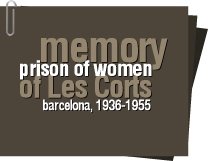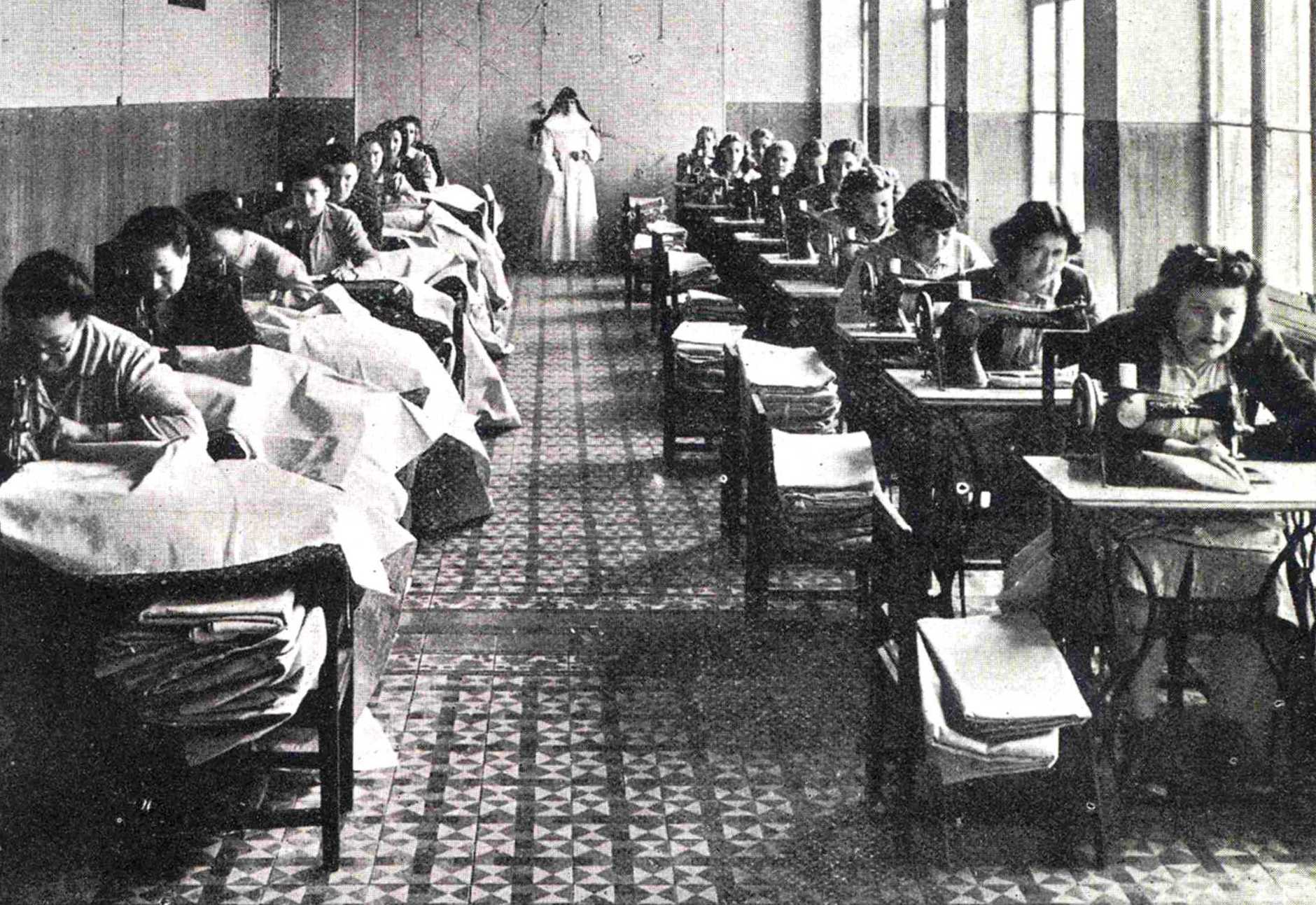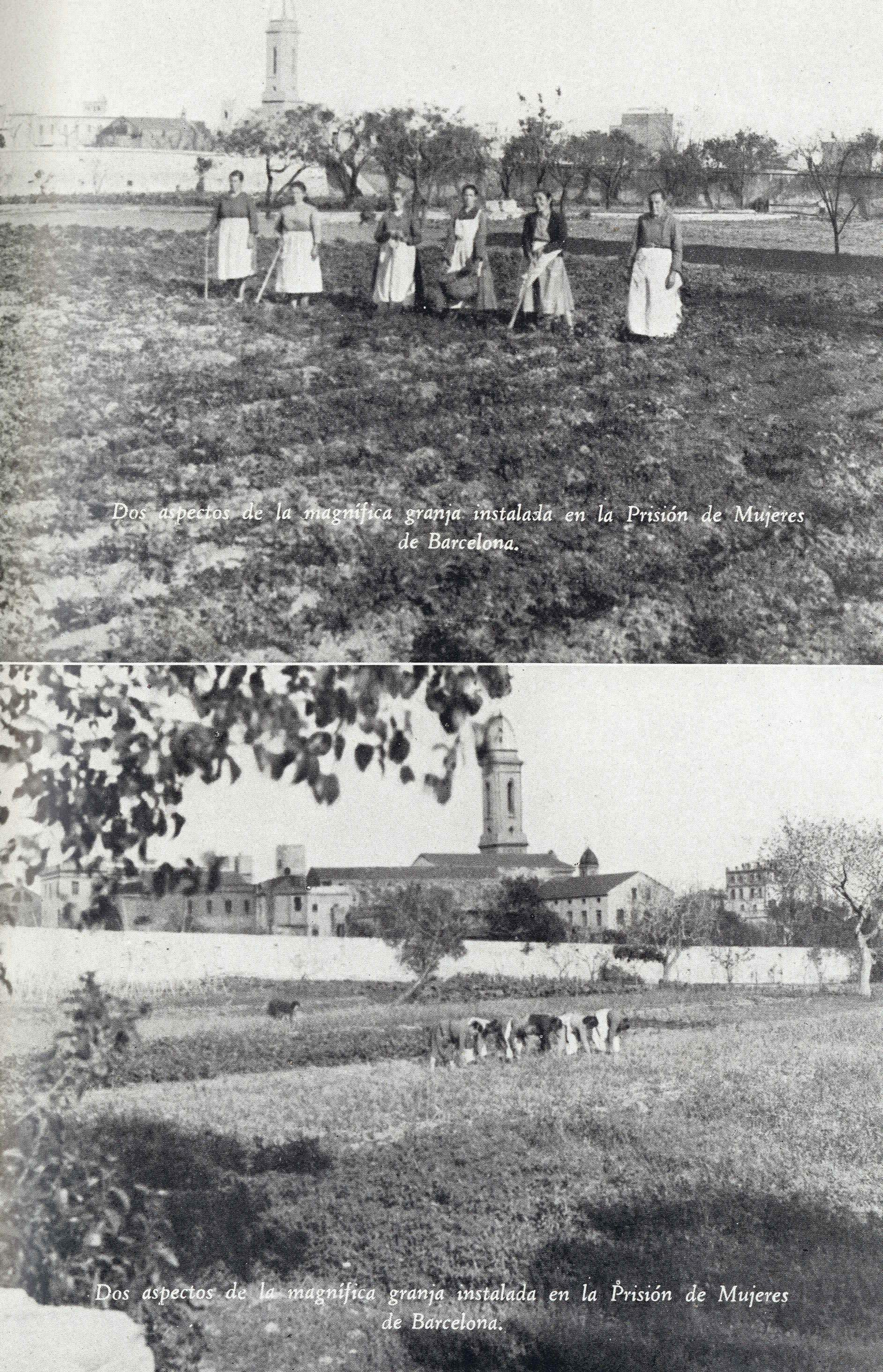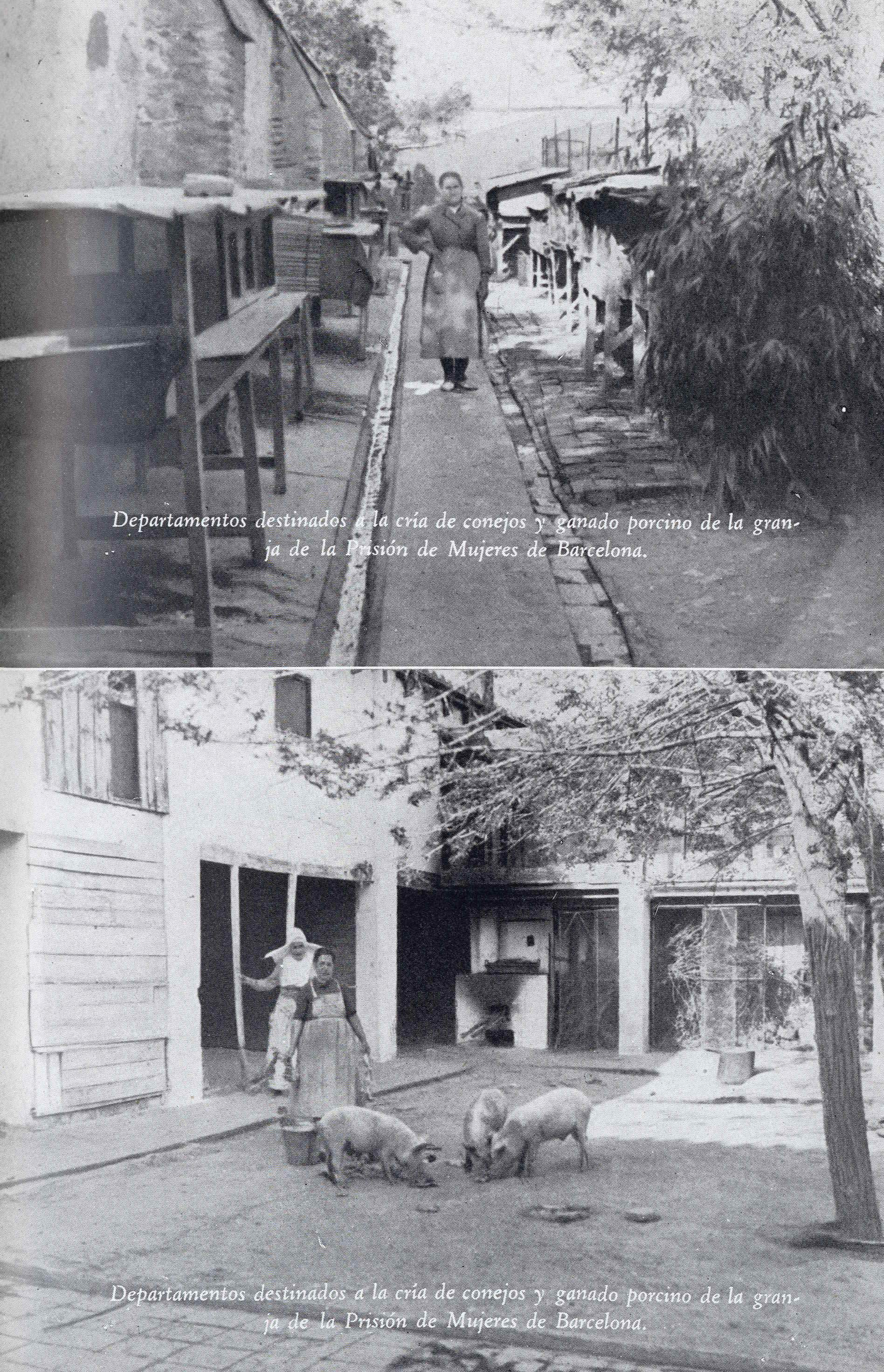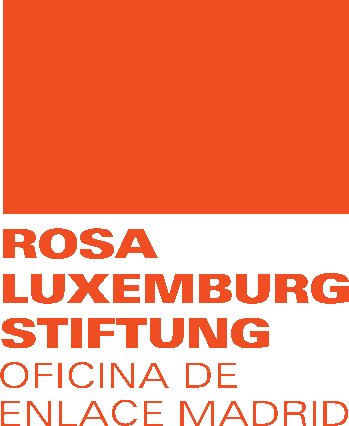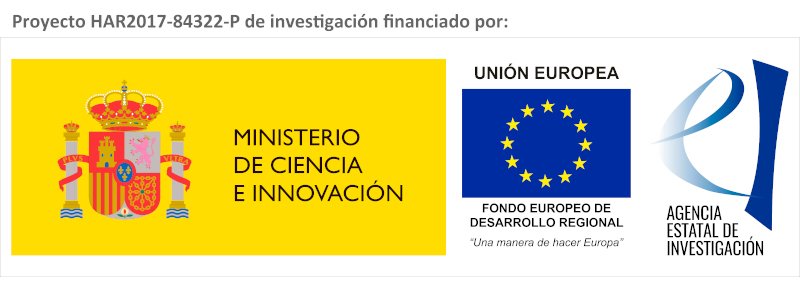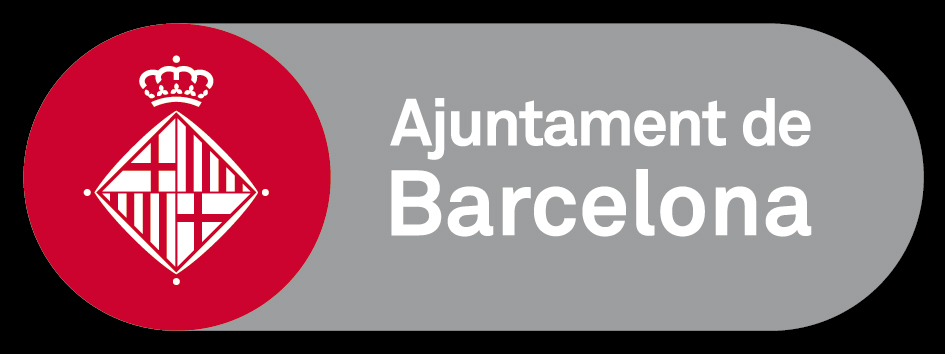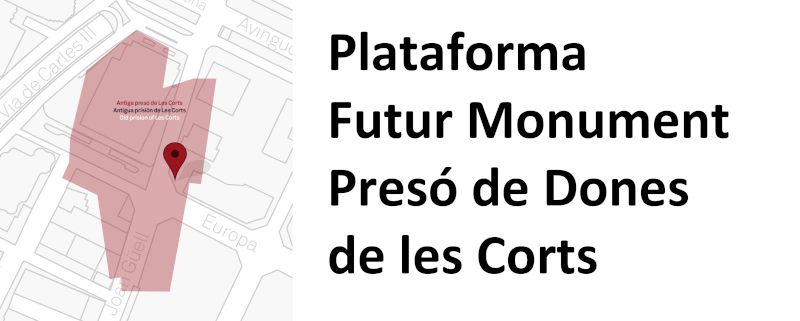According to official records, some 25 inmates were working at the time at the recently opened (late 1940’s) sewing workshop, making clothes for their fellow inmates, a fact advertised by the regime in photographs such as the following.
The anarchist militant Joaquina Dorado, who arrived at Les Corts in March 1948, recalled that a few months after her arrival a workshop had been opened with machines for the making of shirts and underpants destined for the male prisons.
Documents from the jail itself, rather than propaganda, revealed the poor condition of the second-hand Singer machines received in 1950 which had to be taken to the Presó Model (a male prison) workshop to be repaired.
By contrast, the farm (pigs and chickens) and garden (vegetables and fruit trees) had been running since 1941 and constituted an important source of income for the prison, as their production was intended for selling outside the prison. Starting in 1941, the number of inmates working on a regular basis in the garden and on the farm, classed as "Penitentiary Workshop" fluctuated between 11 and 13.
One thing was the regular work in the workshop or the garden, through which the women were able to reduce their sentence and for which they received a minute salary, and quite another the informal sewing work they were constantly engaged in throughout the day, in fact the main source of their income.
The money collected by reselling these crochet and embroidery items, carried out by the “revendedoras” (saleswomen) outside the prison, was used to buy groceries at the prison store and for the support of their relatives at home.
Thus, for the communist militant Soledad Real, who joined Les Corts in 1941, "life in the prison yard was toiling away at the sewing machine”, while the anarchist Joaquina Dorado described the jail at the end of the decade as a "cloth factory ", with clearly set tasks for everyone: from those who knew how to read a “clave” (notch marks for sewing patterns), to the “pañistas de primera” (senior cloth specialists), down to the ironers.
Sources:
PATRONATO CENTRAL DE REDENCIÓN DE PENAS POR EL TRABAJO. 1945, 1948, 1950, 1951 and 1952 Annual Reports; HERNÁNDEZ HOLGADO, F. (2011): La prisión militante. Las cárceles franquistas de mujeres de Barcelona y Madrid (1939-1945), Universidad Complutense de Madrid, Doctoral Thesis; Interview of Fernando Hernández Holgado, Marc Almodóvar and Ramón Bochaca with Joaquina Dorado Pita, Barcelona,12/06/2007; MOLINA JAVIERRE, P. (2010): La presó de dones de Barcelona. Les Corts (1939-1959). Barcelona; GARCÍA, C. (1982): Las Cárceles de Soledad Real. Barcelona.

